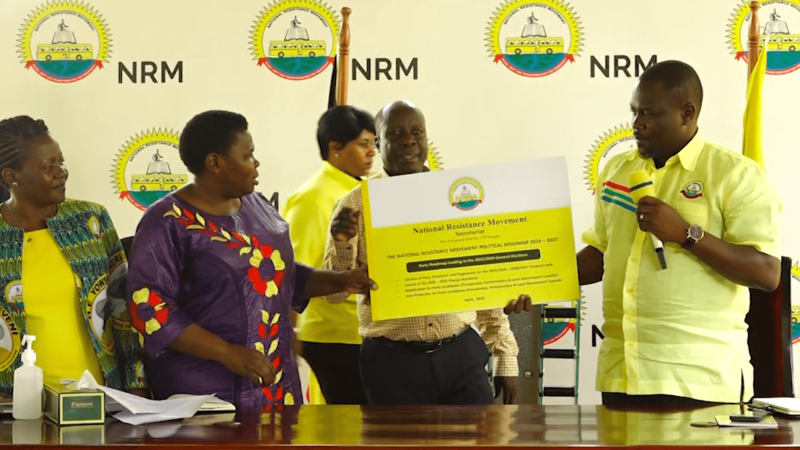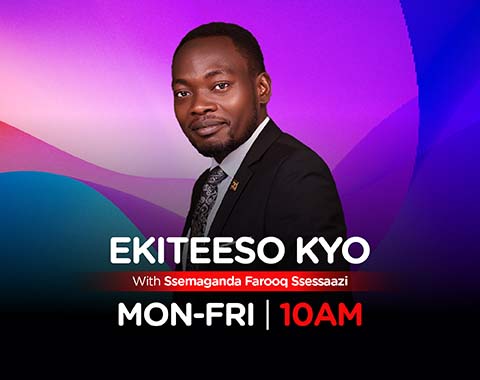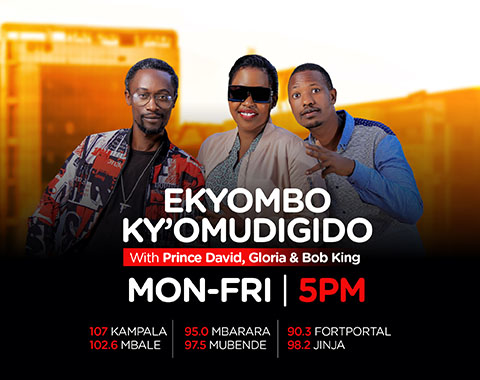Kampala, Uganda – The National Resistance Movement (NRM) has officially released its detailed schedule for internal party elections, marking the beginning of a crucial process to select leaders at various levels ahead of the 2026 general elections.
The roadmap, announced by NRM Secretary General Richard Todwong and his deputy Rose Namayanja, outlines a meticulous timeline for electing leaders from village to national levels.
Key Highlights of the NRM Election Roadmap
The party will commence the electoral process with village-level elections scheduled for May 24-30, followed by sub-county elections from June 1-5. The elections for Members of Parliament will take place between July 1-14, while municipal mayors and councilors will be elected from August 10-17. The highly anticipated election for the NRM presidential flag bearer is set for August 22-25.
Financial Requirements for Aspiring Candidates
Aspiring candidates must meet specific financial obligations to participate in the elections. Those vying for the position of NRM Chairperson are required to pay UGX 20 million, while candidates for the first and second deputy chairperson positions must pay UGX 10 million each. District chairpersons will pay UGX 500,000, and candidates for parliamentary seats are required to pay UGX 3 million.
Emphasis on Inclusivity

The NRM leadership has emphasized the importance of inclusivity in the electoral process, with special provisions for youth, women, and persons with disabilities. The party has also highlighted the need for transparency and fairness throughout the elections to ensure that the best candidates emerge to lead the party into the 2026 general elections.
Next Steps
With the roadmap now public, the NRM is expected to embark on a nationwide mobilization campaign to sensitize its members about the election process. The party's electoral commission, chaired by Dr. Tanga Odoi, will oversee the entire process to ensure compliance with the established guidelines.
As the NRM prepares for these critical internal elections, political analysts are keenly watching how the process will shape the party's strategy and cohesion ahead of the 2026 polls. The outcome of these elections will undoubtedly have significant implications for Uganda's political landscape.












